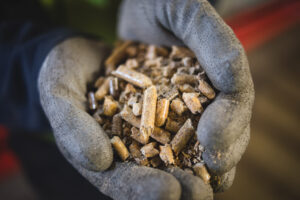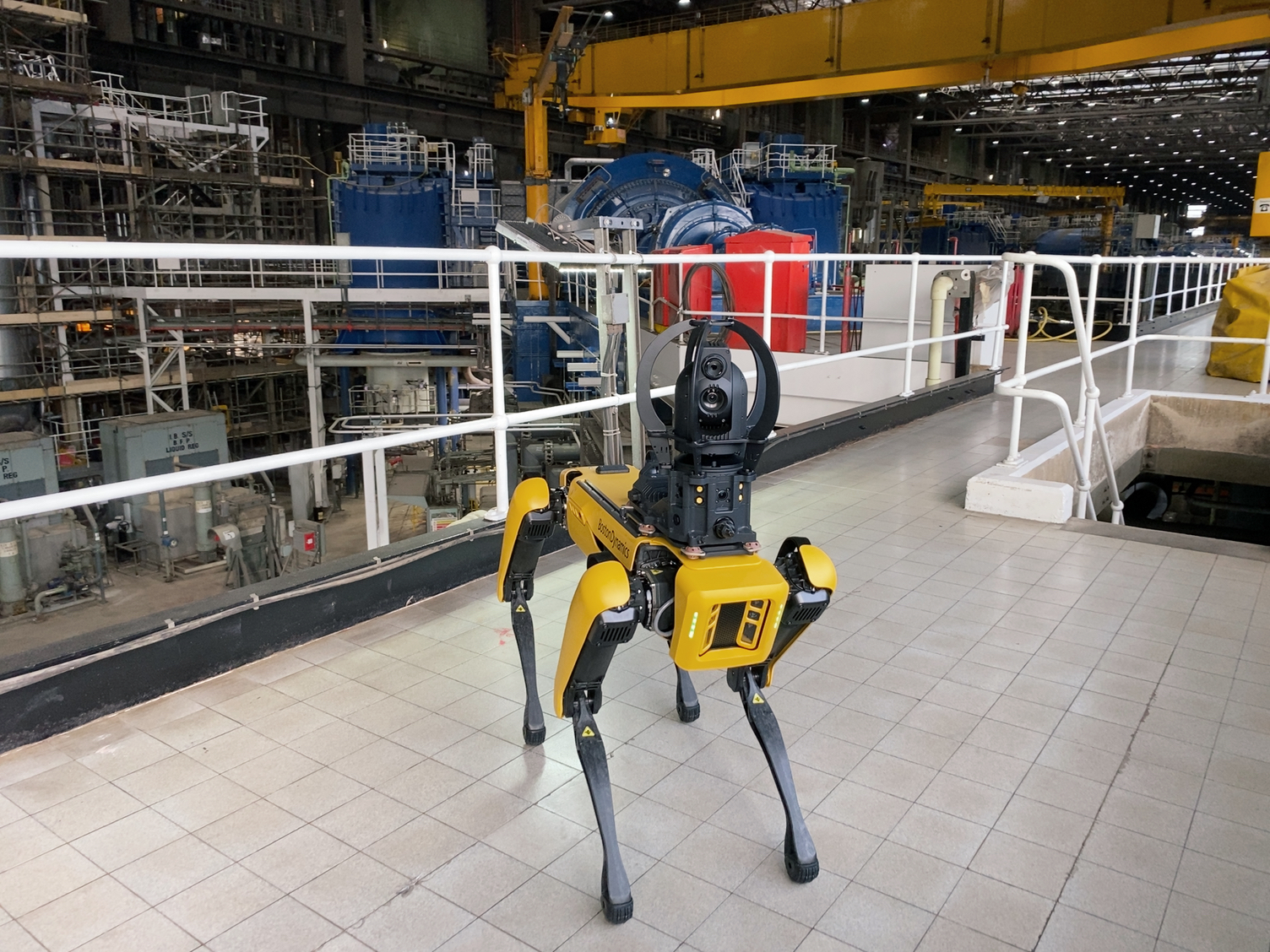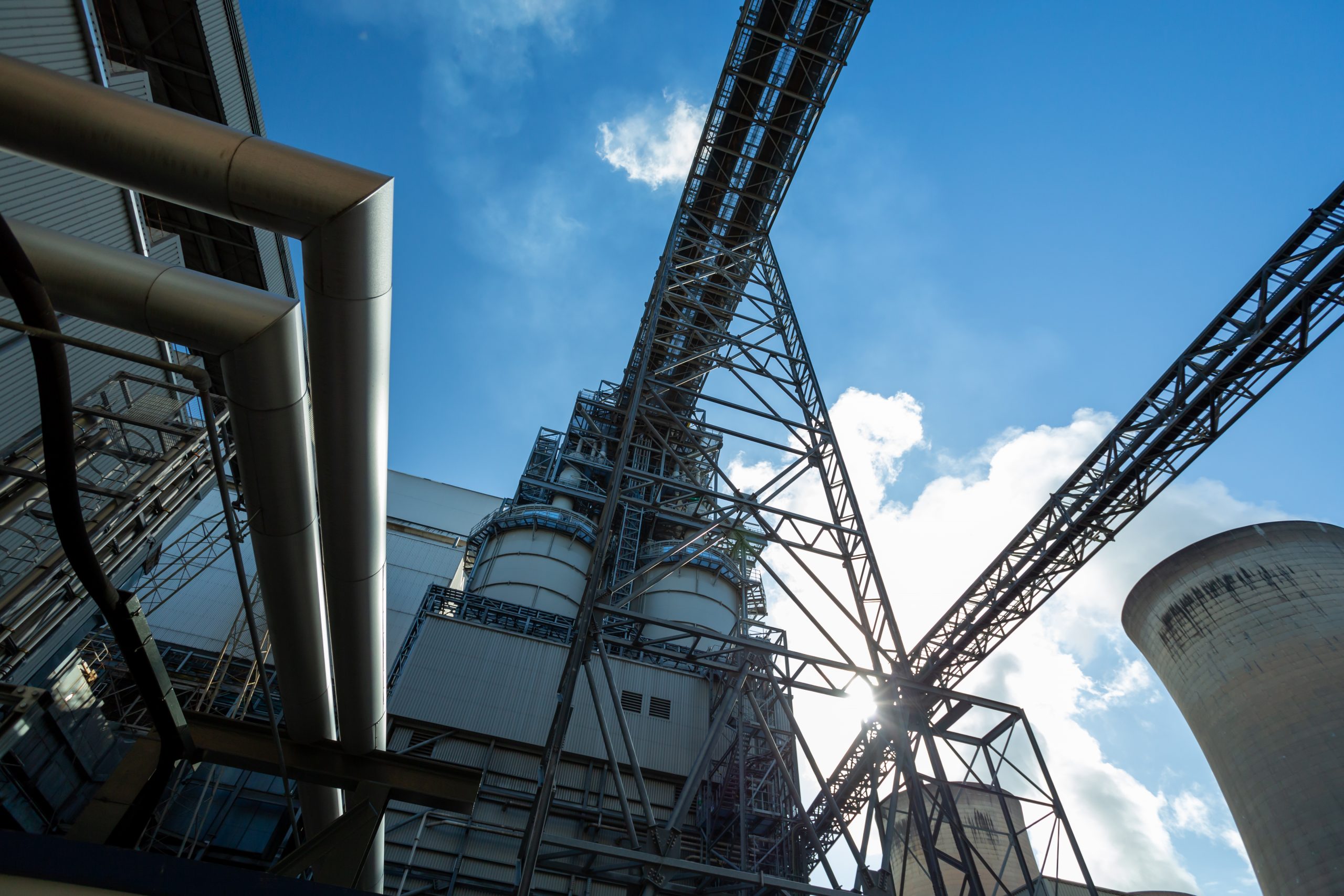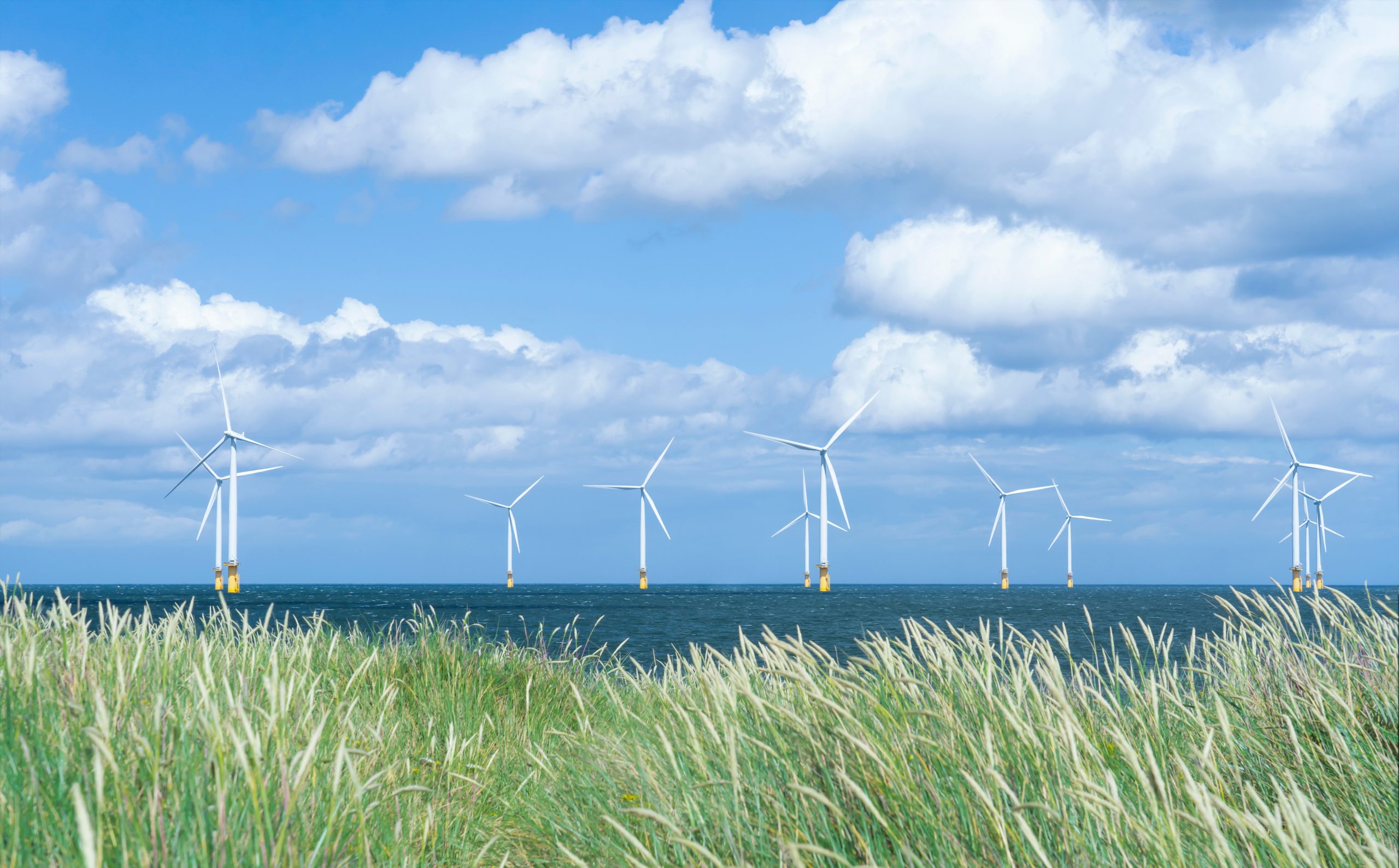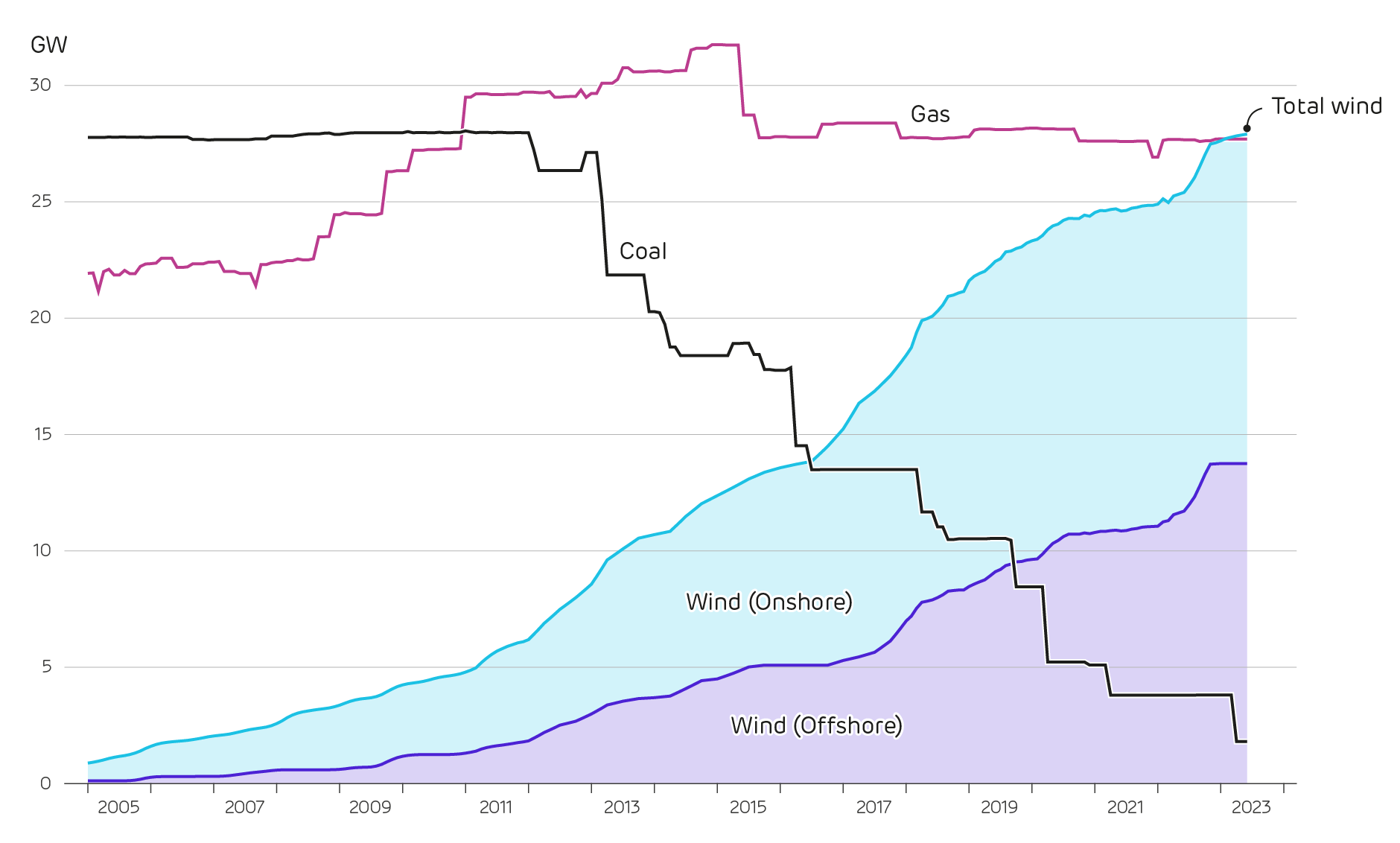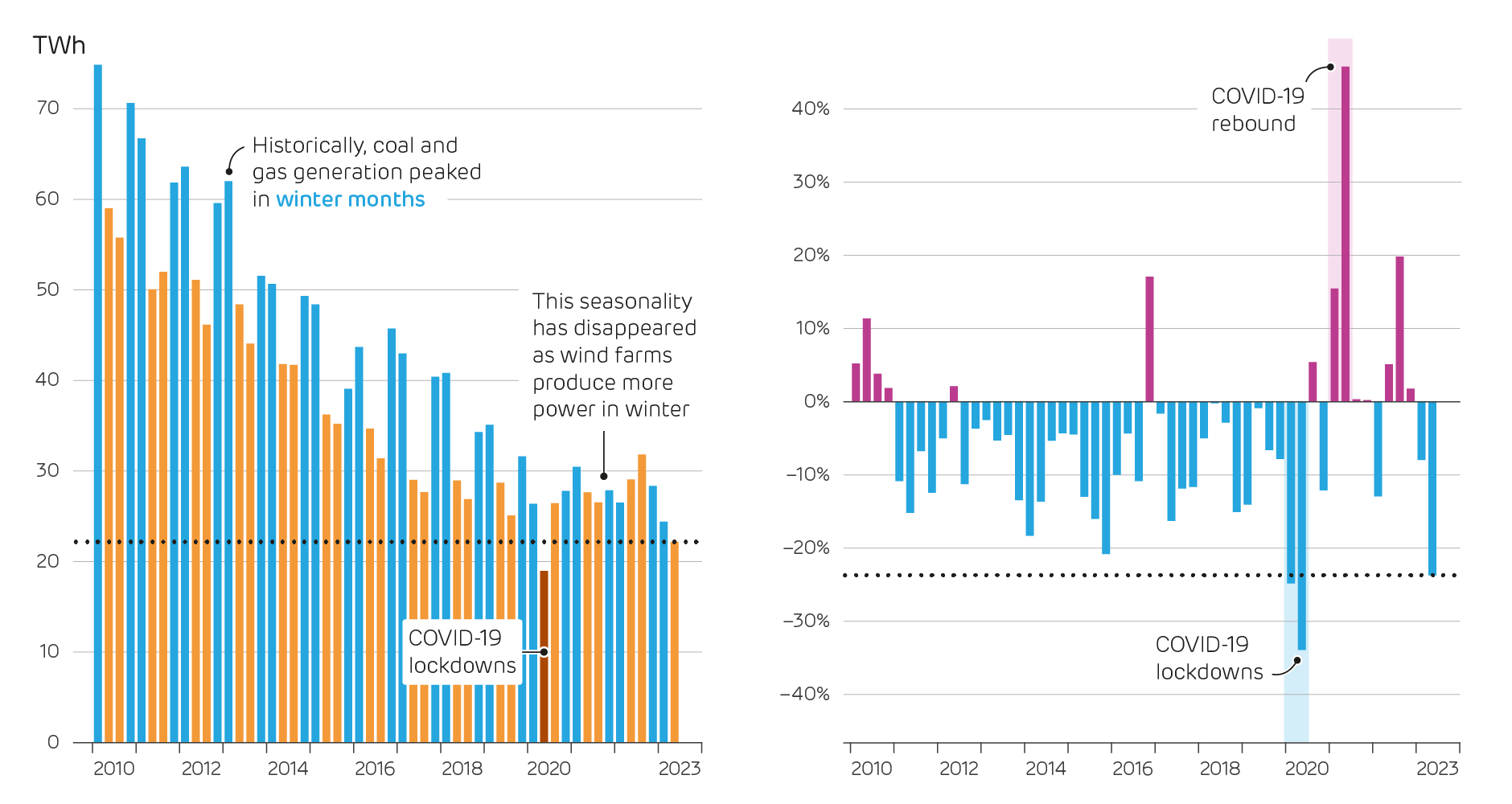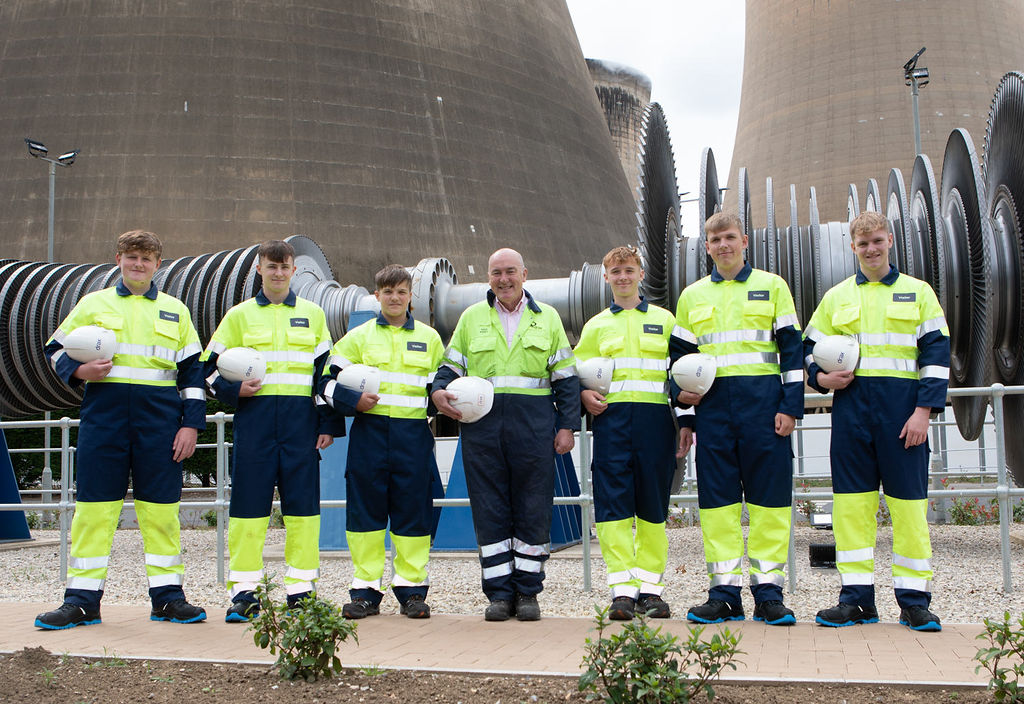
- New funding will go to projects where Drax Group operates in the UK, USA and Canada and takes Drax’s donations in 2023 to over £4.6m.
- This latest donation of nearly £1m will enable over 32,000 young people to access STEM training, 1,229 ha of land to be restored and over 20,000 people to get better access to green spaces.
The Drax Foundation, the charitable entity of renewable energy company Drax Group (Drax), has donated £862,000 to 19 non-profit organisations across the regions where it operates in the UK and North America.
This new funding means that in 2023 the total Drax has committed to philanthropic funding is over £4.6million.
Shona King, Drax Head of Community, said: “In its first year, The Drax Foundation has established a proud track record of giving back to the communities where we operate. We are guided by the needs of our non-profit partners, which is why we are pleased to fund some of their challenging areas of work.”
The Drax Foundation is focused on funding initiatives that support education and skills development in Science Technology Engineering and Maths (STEM), those that improve green spaces and enhance biodiversity within local communities and improve access to renewable energy and energy efficiency in areas of low social mobility.
The projects funded in this round will mean over 32,000 young people can benefit from STEM training, 1,229 hectares of land will be restored or protected and over 20,000 people will receive improved access to green spaces in their communities.
Shona continued: “2023 has seen an exciting new chapter in how Drax delivers positive social impact and made a tangible difference to people’s lives. We are excited about the opportunity to build on this over the coming years to ensure that more young people can develop their STEM skills, have access to quality local green spaces, and be lifted out of fuel poverty through access to affordable renewable energy, and energy efficiency measures”.
The new funding has been awarded across the UK, US and Canada and is the second round of grants the Foundation has issued since it was launched in March 2023. 
Of the total, over £300,000 has been donated to eight projects in the UK, where Drax operates Drax Power Station and has other operations in Northampton, Suffolk and Scotland. These include:
- Teach First: A charity with a mission to end educational inequality in the UK. Drax’s donation will help recruit 37 STEM trainee teachers, providing consistent teaching to 4,625 pupils.
- Enthuse – STEM Learning: A UK not-for-profit with a vision for world-leading STEM education for every young person. Drax’s donation will facilitate partnerships in disadvantaged communities, providing STEM education for 12,800 young people.
Over US $348,000 has been awarded to six different projects in North America where Drax owns several pellet plants and has recently opened its BECCS headquarters. These include:
- The Texas Alliance for Minorities in Engineering: Working to improve equitable access to training in engineering for minority communities across Texas.
- The Central Creativity Foundation: improve access to STEM education for young learners in rural Mississippi
- Center for Planning Excellence: Empowering low-income communities in Louisiana to build climate resilience through urban forests. Over CAD $457,000 has been awarded to five different projects near to Drax’s pellet operations in Canada:
- Society for Canadian Women in Science and Technology: Engaging and inspiring women from underrepresented groups in STEM programmes and advocacy
- Williams Lake First Nation: Supporting a fish and wildlife stewardship programme to build on traditional sustainable land use to protect biodiversity and preserve local ecosystems
- Nature Trust BC: Conserving British Columbia’s biological diversity by securing and managing critical habitat across the province.
Drax Foundation funding is available for organisations ranging from smaller community-led projects to larger grants of up to £100,000 for established non-profit organisations.
Priority is given to organisations that deliver programmes for under-served and under-represented groups, advance gender equality and support indigenous communities.
Organisations and initiatives that meet Drax’s funding and selection criteria are encouraged to visit www.drax.com/community to learn more about the Foundation and submit an initial expression of interest. The Foundation is already accepting applications for 2024’s first round of funding.
The Drax Foundation is a donor advised fund administered by the Charities Trust (an independently registered charity with the UK Charity Commission, charity no. 327489
ENDS
Media contacts:
Nicolas Morales
Communications Officer
E: [email protected]
T: 07756 289 343
Notes to Editors
If you would like a quote or comment from one of the successful recipients of this round of funding, please contact Nicolas.
About Drax
Drax Group’s purpose is to enable a zero carbon, lower cost energy future and in 2019 announced a world-leading ambition to be carbon negative by 2030, using bioenergy with carbon capture and storage (BECCS) technology.
Drax’s around 3,000 employees operate across three principal areas of activity – electricity generation, electricity sales to business customers and compressed wood pellet production and supply to third parties. For more information visit www.drax.com
Power generation:
Drax owns and operates a portfolio of renewable electricity generation assets in England and Scotland. The assets include the UK’s largest power station, based at Selby, North Yorkshire, which supplies five percent of the country’s electricity needs.
Having converted Drax Power Station to use sustainable biomass instead of coal it has become the UK’s biggest renewable power generator and the largest decarbonisation project in Europe. It is also where Drax is piloting the groundbreaking negative emissions technology BECCS within its CCUS (Carbon Capture Utilisation and Storage) Incubation Area.
Its pumped storage, hydro and energy from waste assets in Scotland include Cruachan Power Station – a flexible pumped storage facility within the hollowed-out mountain Ben Cruachan.
The Group also aims to build on its BECCS innovation at Drax Power Station with a target to deliver 4 million tonnes of negative CO2 emissions each year from new-build BECCS outside of the UK by 2030 and is currently developing models for North American and European markets.
Pellet production and supply:
The Group has 19 operational pellet plants and developments with nameplate production capacity of around 5 million tonnes a year.
Drax is targeting 8 million tonnes of production capacity by 2030, which will require the development of over 3 million tonnes of new biomass pellet production capacity. The pellets are produced using materials sourced from sustainably managed working forests and are supplied to third party customers in Europe and Asia for the generation of renewable power.
Drax’s pellet plants supply biomass used at its own power station in North Yorkshire, England to generate flexible, renewable power for the UK’s homes and businesses, and also to customers in Europe and Asia.
Customers:
Drax supplies renewable electricity to UK businesses, offering a range of energy-related services including energy optimisation, as well as electric vehicle strategy and management.
To find out more go to the website energy.drax.com


